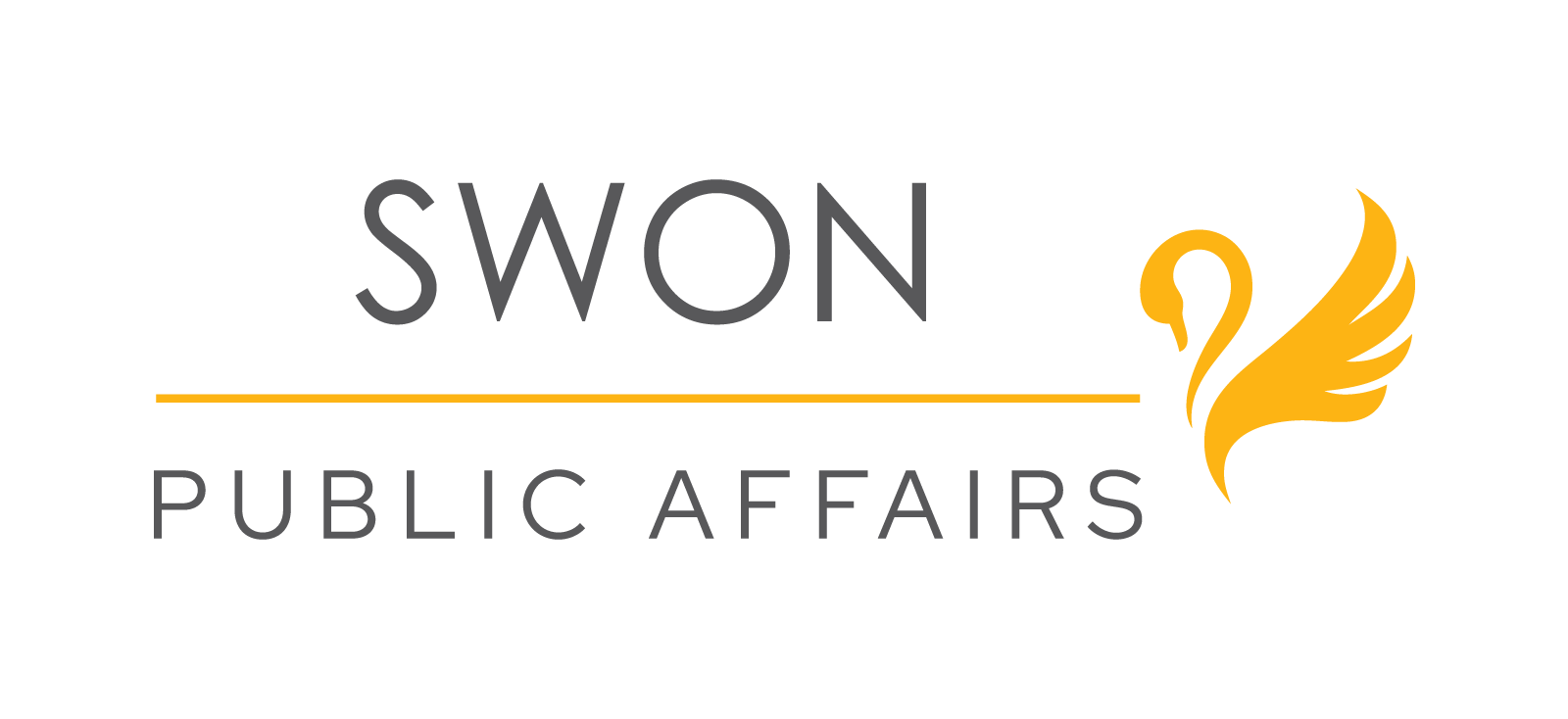November 2022 Updates
From elections to labor strikes and an economic update, the current political landscape is nothing short of eventful. Below are key updates from all three levels of government.
Municipal: Municipalities across Ontario headed to the polls on October 24th to elect their next batch of decision makers. London City Council saw a major shake-up as over half of the councillors were replaced by new faces. They are Hadleigh McAllister Ward 1, Peter Cuddy Ward 2, Susan Stevenson Ward 4, Jerry Pribil Ward 5, Sam Trosow Ward 6, Corrine Rahman Ward 7, Skylar Franke Ward 11, David Ferreira Ward 13. The mayor’s office will also get a fresh face as Ward 7 Councillor and Deputy Mayor Josh Morgan has been elected as the city’s new mayor. He brings to the table a background in financial management as the city’s Budget Chair (2019-2021) and holds an array of experience working with political parties from all stripes. The main issues he’s looking to tackle during his tenure are housing & affordability, mental health & addictions, and economic prosperity.
Provincial: The Canadian Union of Public Employees (CUPE) has gone on strike, forcing school shutdowns across Ontario. CUPE is asking for an 11.7% annual raise over the next 4 years while the Progressive Conservative Government has countered with an offer of 2.5% for workers making less than $43,000/year. The average CUPE worker receives $39,000/year. While negotiations continued, an agreement had not been arranged, prompting CUPE to organize a strike starting Friday November 4th through Monday the 7th. To advert the strike, Education Minister Stephen Lecce tabled Bill 28 to impose a contract on CUPE to make it illegal for them to strike. CUPE went on strike regardless and now faces hefty fines. Premier Doug Ford has agreed to repeal Bill 28 if CUPE workers went back to work which they did. Negotiations are again underway as the provincial government and CUPE look to reach common ground.
Federal: On November 3rd, Finance Minister and Deputy Prime Minister Chrystia Freeland released the 2022 fall economic update, a multi-billion-dollar plan emphasizing higher spending even as the economy is facing a recession. While the update anticipates a surplus by 2027-2028, a deficit is projected for the foreseeable future, with a projected $36.4 billion deficit in 2022-2023 as a total $30.6 billion in new spending has been planned. Freeland has the task of managing record high inflation while supporting Canadians who have been affected the hardest by the rising cost of living. Some key features of the update include no personal tax rate changes, a 2% tax on share buybacks by public corporations, permanently waiving interest on federal student loans, and plans to launch the promised “Canada Growth Fund” by the end of 2022. The update also includes $250 million to help workers adapt to the changing labor market demands, $60 million to create a “rapid response fund for workers”, and a $802 million investment for the youth employment and skills strategy.






